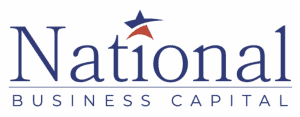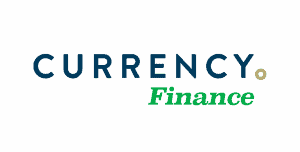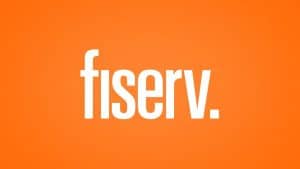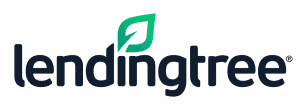Equipment Financing Reviews
-
National Business Capital
Read Review Apply NowNational Business Capital (NBC) is a lending-advisory service that links small business applicants to one of its 75+ lending affiliates. It is suitable for startups, new, and mature-but-credit-challenged businesses. Be cautious that you’re unlikely to get the absolute best rates.
-
Lendio
Read Review Apply NowLendio is a business financing platform that matches customers to funders, including SBA/PPP lenders. It has a relaxed credit score requirement, and there’s no fee for using the service.
-
US Business Funding
Read Review Visit SiteUS Business Funding offers many different financial products to help business owners score the capital they need. It is a great choice for equipment financing, SBA loans, or working capital loans. US Business Funding has earned a 95% approval rate and 60-second approvals.
-
Currency
Read Review Visit SiteCurrency Finance (formerly Currency Capital) is an alternative financing company that offers a platform to connect customers with third-party equipment loans and leases. Currency offers an impressive amount of equipment capital to new businesses, but its funding process can still drag out.
-
First Data Global Leasing
Read Review Visit SiteFirst Data Global Leasing has the dubious distinction of being among our rogue's gallery of the processing industry's worst credit card terminal leasing companies. While it offers high-quality products in the Clover line of terminals and POS systems, it's disheartening that an industry leader such as Fiserv would condone awful business practices by a subsidiary.
-
LendingTree Business Loans
Read Review Visit SiteLendingTree is an online platform connecting individuals and businesses to a wide range of financial products through its lending partners. It has relaxed loan qualifications and ideal for new businesses. Be cautious of its non-transparent terms and fees.








